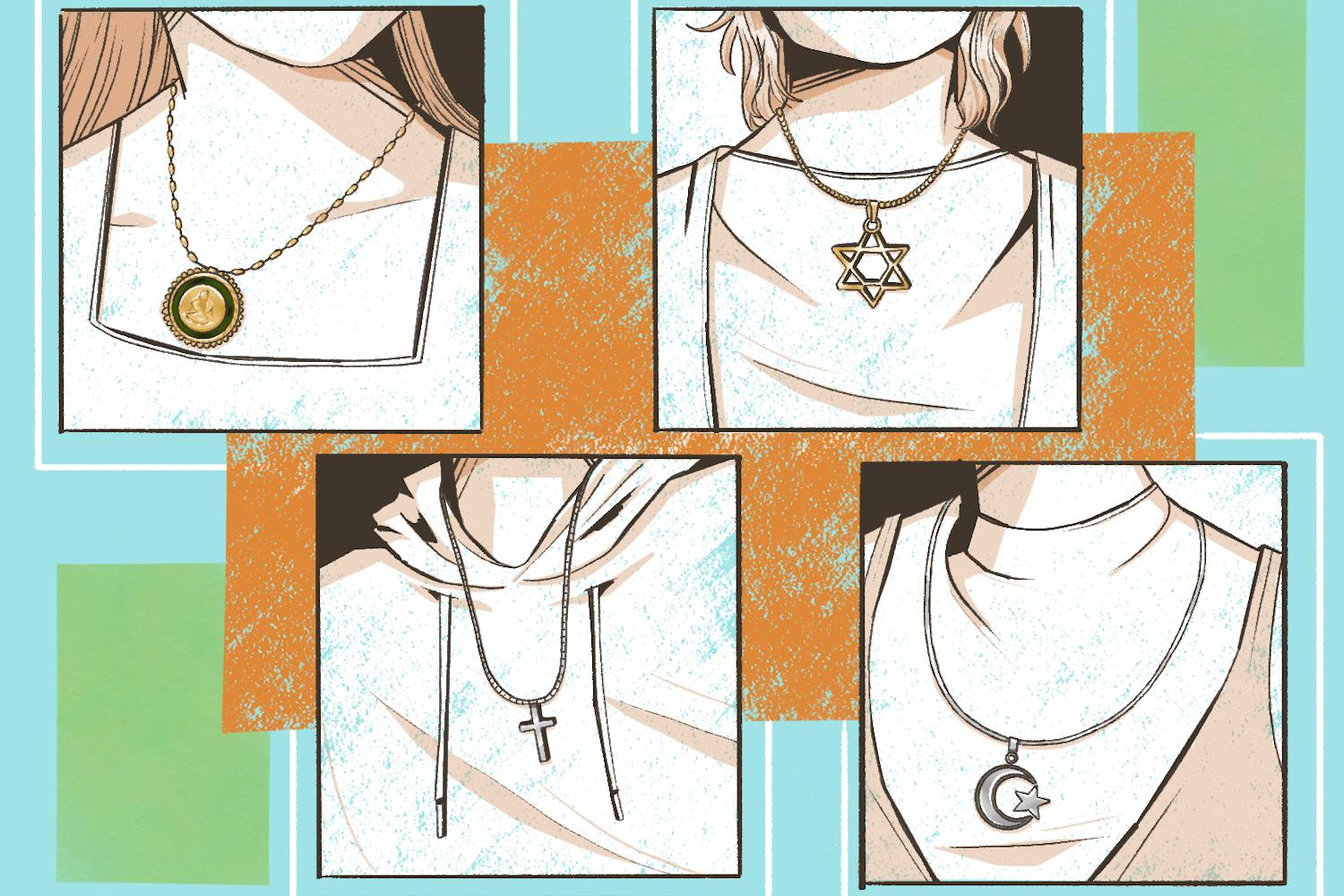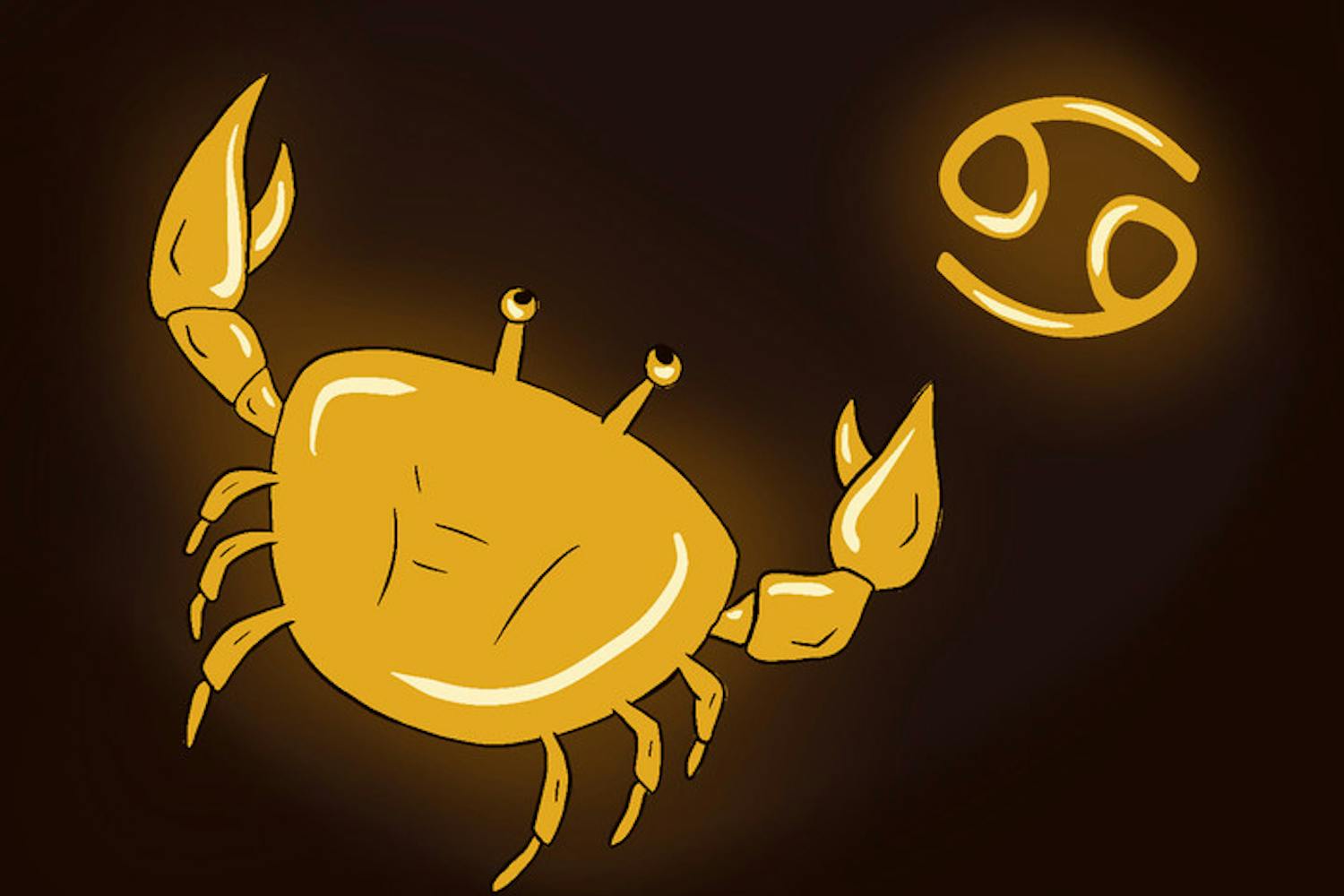There are levels to Facebook friend streamlining. You can hide someone’s feed if you simply don’t want to see his or her constant photo spam or mundane complaints. The next step is unfriending, which leaves the possibility of being friends again open.
But the most severe social slight is the Facebook block.
At some point, we’ve all unfriended someone or been unfriended over break-ups, fights or simply because the two parties have nothing in common anymore. But blocking? That’s reserved for only severe instances, such as stalking or harassment, right?
I’ve only ever blocked one person on Facebook. It wasn’t for stalking or harassment, but simply for peace of mind. And it was one of the best decisions I’ve ever made.
A quick search engine query of “Facebook friend blocking” will illustrate three things: first, that people are interested in how to block someone on the website; second, that people prefer the blocked person not know it happened; third, that people are interested in knowing who’s blocked them.
In essence, social networking has connected us with other people, but it has made it very hard to disconnect with them, even when we should. In the physical world, relationships have levels: family, good friends, acquaintances, colleagues, and so on. On Facebook, we get hit with all of it at once. The site has tried to tailor your interactions to your preferences, but we might be missing the lesson here.
There is nothing wrong with streamlining your relationships. In fact, there are very good reasons to block people from your social networking sites. We’ve gotten to the point where our online social rules make it hard to move on from the toxic aspects of our lives.
To block someone is to prevent that person from contacting you again, and, while not to be taken lightly, it is not something that should be avoided. Unfriending can be a small step and can be healthy, leaving communication open. However, if you have mutual friends, that person’s activity can still show up in your feed, as Facebook will display friends’ activity on another person’s page if there is enough interest.
I’m not encouraging isolationism. Online communities can be rewarding, social networking included. Nonetheless, let’s consider our mental health and the freedom that comes with excising adverse or stressful relationships from our lives. Let’s consider letting go of, but not holding grudges against, those Facebook friends who don’t add positive experiences to our existence.
Facebook can make us passive aggressive, directing posts at particular people without naming names, unfriending or blocking without wanting them to know. The latter has its place. But there are instances when we need to be assertive and decisive in our relationships.
Our culture is very intent on tolerance and acceptance, but you still have the right to choose with whom you associate. You are not obligated to accept that friend request or keep certain people in your life. Like other social “obligations,” there are times to just say “no” and eliminate the sources of jealousy or anxiety in your life.
Be cautious: Never forget to be forgiving and respectful. But learn when to cut out the negativity.
Reach the columnist at Esther.Drown@asu.edu or follow her at @EMDrown.
Want to join the conversation? Send an email to opiniondesk.statepress@gmail.com. Keep letters under 300 words and be sure to include your university affiliation. Anonymity will not be granted.



